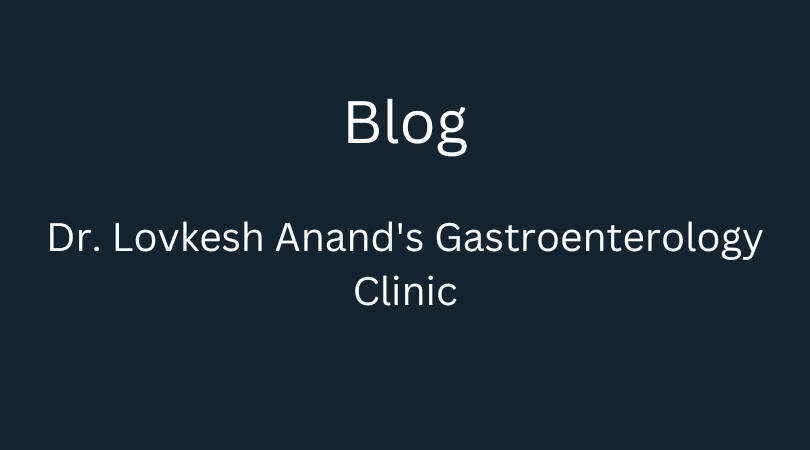Obesity is a growing global health concern, contributing to a range of metabolic disorders such as diabetes, hypertension, and cardiovascular diseases. While lifestyle modifications and surgical interventions like bariatric surgery have been the mainstay of obesity treatment, a new and minimally invasive approach is gaining traction: Endoscopic Obesity Management (EOM). Dr. Lovkesh Anand, a leading expert in gastroenterology, is pioneering this groundbreaking technique, offering hope to individuals struggling with weight management.
What is Endoscopic Obesity Management?
Endoscopic Obesity Management involves minimally invasive, non-surgical procedures performed via an endoscope inserted through the mouth into the digestive tract. These procedures help patients lose weight by altering the stomach’s capacity or modifying digestion without the need for incisions. This approach bridges the gap between lifestyle interventions and more invasive surgical options, making it an excellent choice for individuals who are overweight or mildly obese but do not qualify for bariatric surgery.
Key Endoscopic Procedures for Weight Loss
Several advanced endoscopic procedures are now available to assist in weight management:
- Endoscopic Sleeve Gastroplasty (ESG) – Also known as the “accordion procedure,” ESG reduces the stomach’s size by suturing it from the inside, limiting food intake and promoting early satiety.
- Intragastric Balloon Placement – A temporary, fluid- or gas-filled balloon is placed in the stomach, creating a feeling of fullness and reducing food consumption.
- Aspiration Therapy – This technique involves the implantation of a device that allows partial emptying of stomach contents after meals, thereby reducing calorie absorption.
- Endoscopic Duodenal Mucosal Resurfacing (DMR) – A novel technique aimed at improving metabolic conditions like diabetes by modifying the duodenal lining to enhance insulin sensitivity.
Advantages of Endoscopic Obesity Management
- Minimally Invasive: No incisions or surgical wounds, leading to a quicker recovery.
- Reduced Risks: Lower complication rates compared to traditional bariatric surgery.
- Outpatient Procedure: Many patients can go home the same day.
- Customizable: Suitable for individuals with varying degrees of obesity and metabolic conditions.
Is Endoscopic Obesity Management Right for You?
Dr. Lovkesh Anand emphasizes that the right candidates for these procedures include those with a BMI of 30-40 who have struggled with weight loss through diet and exercise alone. It is also beneficial for individuals seeking a less invasive alternative to bariatric surgery.
With advancements in gastroenterology and obesity treatment, Endoscopic Obesity Management stands as a revolutionary, safe, and effective approach to long-term weight control. If you are exploring non-surgical weight loss options, consulting with an expert like Dr. Lovkesh Anand can help you make an informed decision.


